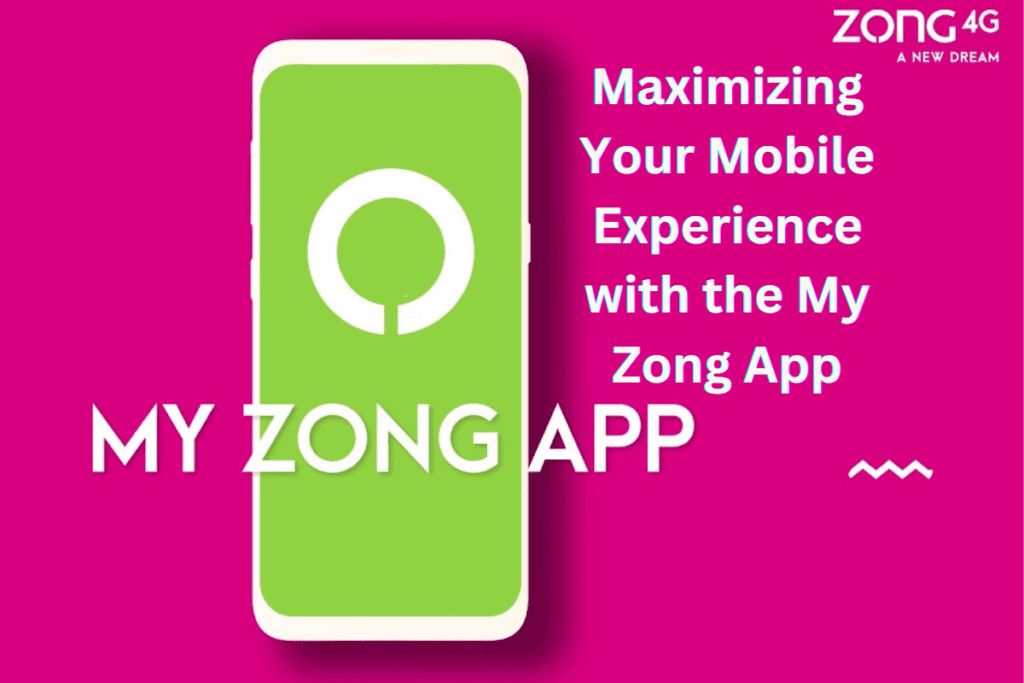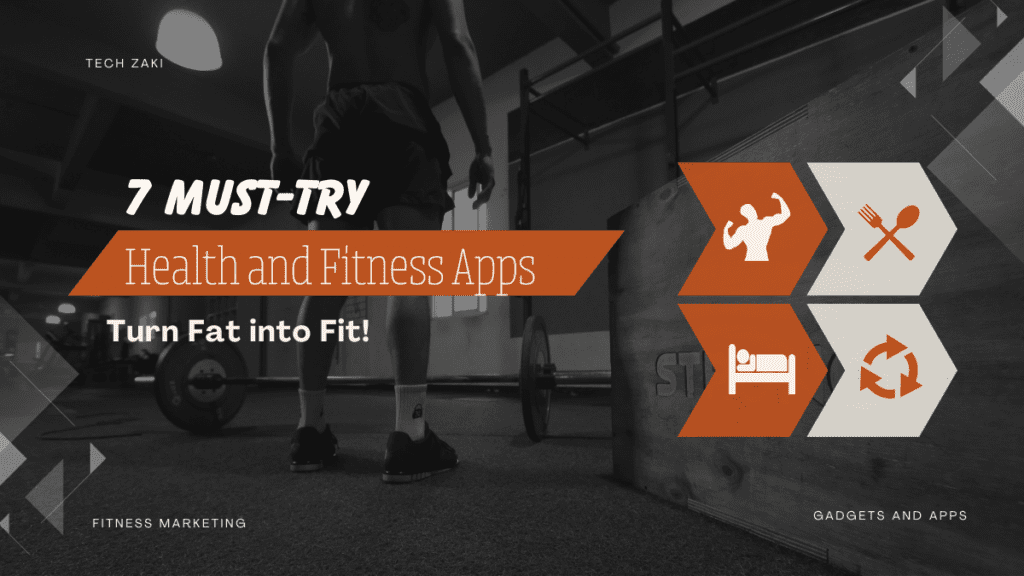Introduction to Best Educational Apps:
The fusion of technology and education has ushered in a new era of learning, where educational apps stand at the forefront. These digital tools have revolutionized how we access knowledge, making learning more interactive, engaging, and personalized. As we navigate through the vast sea of educational apps, identifying the Best Educational Apps becomes crucial for enhancing our learning journey in 2024.
The Role of Apps in Modern Education
Educational apps have significantly altered our approach to learning. They cater to various learning styles and needs, facilitating self-paced learning, immediate feedback, and unlimited access to information. The right educational app can transform the process of learning a new language, mastering a subject, or acquiring a new skill into an enjoyable and fruitful endeavor.
Criteria for Choosing the Best Educational Apps
Determining the best educational apps involves evaluating several key factors:
- User Experience: A top app should feature an intuitive design, engaging content, and minimal distractions.
- Educational Value: The app must offer comprehensive knowledge, encourage critical thinking, and align with learning goals.
- Accessibility and Inclusivity: Premier apps ensure accessibility for users with diverse abilities and learning preferences.
Top 10 Best Educational Apps in 2024!

Below is a list of apps that excel in delivering a superior educational experience, innovation, and inclusivity.
- Duolingo: A language learning platform that uses gamification to teach a wide range of languages, making learning fun and effective.
- Khan Academy: Offers a vast library of lessons covering various subjects, from math to science to humanities, all for free.
- Quizlet: A versatile app for creating and studying flashcards, Quizlet supports learning in numerous subjects through active recall and spaced repetition.
- Coursera: Provides access to courses from top universities around the world, allowing users to learn new skills or even earn degrees online.
- Photomath: A must-have for students, this app solves math problems instantly by scanning them with your smartphone camera, providing step-by-step explanations.
- Brainscape: An advanced flashcard app that uses cognitive science to make studying more efficient and effective.
- SoloLearn: Ideal for aspiring coders, SoloLearn offers bite-sized lessons on coding in various programming languages.
- Edmodo: A platform that connects students and teachers with assignments, resources, and communication tools, making the classroom digital and accessible.
- Lumosity: A brain training app designed to improve memory, attention, flexibility, speed of processing, and problem-solving skills through games.
- TED-Ed: Offers educational videos on a wide array of topics, providing learners with insights and perspectives from experts around the globe.
How to Integrate These Apps into Your Learning Routine
To maximize the benefits of these apps, integrate them into your daily routine:
- Setting Realistic Learning Goals: Identify specific objectives to achieve with each app to maintain focus and motivation.
- Creating a Balanced Schedule: Dedicate certain times for app-based learning to ensure it complements, rather than overwhelms, other educational activities.
Conclusion
The landscape of education is ever-evolving, with technology playing a pivotal role. The Best Educational Apps of 2024 offer a glimpse into the future of learning, where education is more flexible, accessible, and engaging than ever. Whether you are a student, educator, or a lifelong learner, these apps are invaluable tools to enrich your educational experience.
Related Topic: Top 10 Life-Changing Apps for Time Management That Will Revolutionize Your Productivity!
FAQ's

What makes these apps the best for 2024?
- These apps have been selected as the best for 2024 based on their innovative use of technology to facilitate learning, their proven effectiveness in improving users' knowledge and skills, and their wide range of features that cater to diverse learning styles. Their user-friendly interfaces, comprehensive content, and accessibility for learners of all ages and abilities also stand out.
Are these apps fit for users of all ages?
- Yes, the apps listed are designed to cater to a wide range of age groups. From young learners mastering basic concepts to adults seeking professional development or personal enrichment, there's an app for every learner. However, it's important to choose apps that best match the learner's educational level and learning goals.
How can educators integrate these apps into their curriculum?
- Educators can integrate these apps into their curriculum by using them as supplementary tools to reinforce concepts taught in the classroom. They can assign app-based activities as homework, use them for interactive classroom activities, or recommend them for self-study and revision. It's also beneficial to align the app content with the curriculum objectives to ensure cohesive learning.
Are there free options among these top apps?
- Yes, many of the apps mentioned offer free versions or content. Apps like Khan Academy, Duolingo, and TED-Ed provide substantial free resources that can significantly aid in learning. Some apps might offer premium features at a cost, but their free versions are still very effective for educational purposes.
How often should I use these apps to see improvement?
- The frequency of use depends on individual learning goals and schedules, but consistency is key. Regular use, such as daily or several times a week, can lead to noticeable improvement. It's recommended to set realistic goals and integrate app usage into a balanced study routine to maximize the benefits without leading to burnout.

